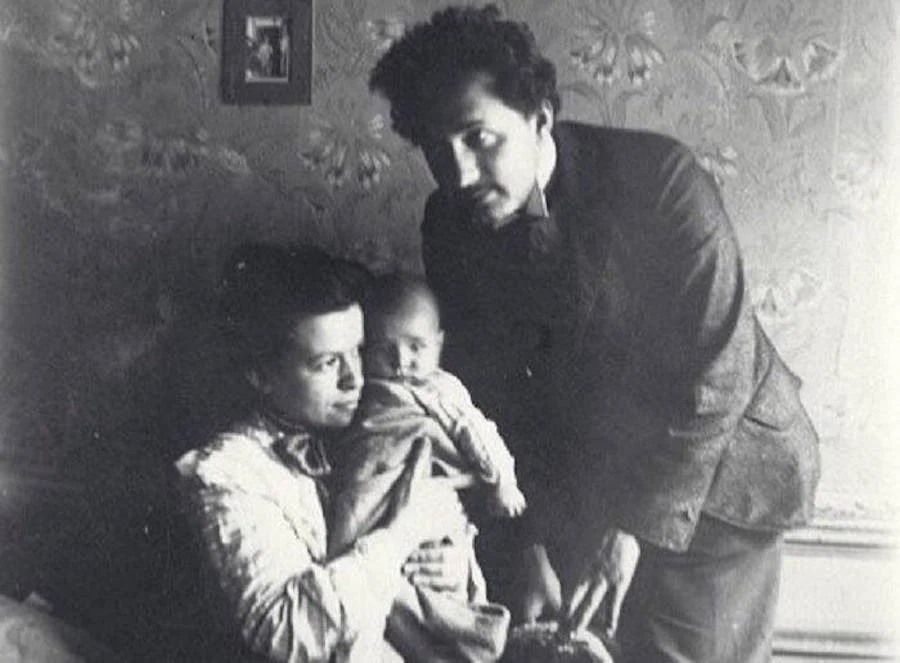This article provides 10 of the best ways to overcome bad habits. These tips can help you identify your triggers, replace your bad habit with a good one, set realistic goals, be patient, find a support system, reward yourself for your progress, and not give up.
Choose the most suitable method or combine several.
10 Best Ways to Overcome Bad Habits
Clearly Understand What You Want to Change
Simply saying, “I want to get rid of bad habits, I have plenty of them!” is not enough. You need to understand the specific behavior you want to change. For instance, not leaving shoes in the hallway, but neatly placing them on a shelf. Eating at the table instead of in front of the TV. Going for a run in the evening instead of staying home. Identify such specific actions, and it will be easier to work on them.
Identify the Triggers of Bad Habits
Habits essentially are behavior loops that we repeat automatically. Some signal prompts us to perform a particular action, and then we receive a reward. This cycle continues over and over. More often than not, the signal is one of the following:
- Location
- Time
- Emotional state
- Actions of other people
- Preceding action Every time you engage in a bad habit, reflect on these five points and document the results. Eventually, you’ll start noticing patterns and will understand what exactly triggers the habit. Then try to eliminate the trigger or replace the undesirable action with a new one.
Penalize Yourself
Set aside a certain amount every time you perform an action you want to quit. Let the bad habit inflict additional financial pain. For example, if you felt too lazy to work out, deposit 200 rubles into a special jar or separate account. You can assign different penalties for different habits based on the severity of each. If you want to refrain from impulsive spending, set aside the same amount you spent on an unnecessary item.
To make it easier, enlist the support of friends and family. Let them remind you that you owe a penalty if they notice a bad habit. You could even agree to give them a small sum instead of saving it for yourself. This will serve as added motivation.
Introduce Changes Gradually
Don’t attempt a complete transformation in a day; it’s unfeasible. Be patient. Focus on one habit at a time and think about the small, incremental steps you’ll take.
For instance, if you wish to reduce unhealthy foods in your diet, trying to overhaul your entire diet at once might set you up for failure. Instead, start by adding less sugar to your food or replacing the cream in your coffee with skim milk. Once this becomes effortless, introduce other minor changes. Gradually, these will lead to significant transformations.
Analyze the Habit Before Taking Action
Naturally, you’re eager to shed your bad habit. But instead of diving headfirst into the battle, take a deep analysis of it. Allocate a month for this. Make a list of reasons you want to abandon this habit. Mark every instance when you indulge in the undesired behavior. This way, you’ll better understand the triggers and how to combat them.
Set Reminders
Even if you’re currently enthusiastic about combating a habit, there will be moments when you might consider relapsing. It could be when you’re tired or upset. Sometimes, you might just forget your resolution.
Say, for instance, you’ve promised yourself to limit to two glasses of wine during hangouts with friends. But this can easily be forgotten once at a bar. For such occasions, set reminders on your phone. Trust this: your future self will be grateful.
Find a Meaningful Reason
Everyone knows that smoking and indulging in fast food are detrimental to health. But this mere knowledge often isn’t sufficient to quit a bad habit. Therefore, it’s essential to find reasons that are personally significant to you. For example, quit smoking to seriously pursue running or to avoid conflicts with family members due to the unpleasant odor. Stop consuming sweets to look better or to save money.
Change Your Environment
When you consistently do something in the same place for an extended period, the surrounding environment becomes a trigger. Often, we might not even notice. For instance, if you always step out to smoke in the office parking lot, that place becomes a trigger for you – a signal to take out a cigarette and a lighter. You then do this almost reflexively. To quit, try to change something in your routine setting.
Supplement this with the 20-second rule. Make it so that starting a habit takes 20 seconds longer. For instance, place sweets in a far corner of a cupboard, making them less accessible. Put healthier foods in a more prominent spot. When you want a snack, you’ll gravitate to what’s nearer.
Train Yourself to Think Differently About Your Habits
Even if we despise a certain habit and scold ourselves for, say, smoking or biting our nails, we continue doing it. This provides a sense of satisfaction, a certain psychological reward.
Monitor your thoughts. Remind yourself of the negative aspects of the habit every time you ponder its benefits. For example, if you think, “I’m so sad; if I eat a pastry now, I’ll feel better,” immediately counter with, “If I eat this pastry, I’ll gain weight and increase my risk of diabetes.”
Reframe your thoughts to remind yourself of the habit’s downsides. Do this every time you notice you’re thinking about its benefits.
Develop an “If-Then” Plan
This will help to break the cycle and replace a bad habit with another action. Write down what you’ll do when you feel the urge to revert: “If I find myself in situation X, then I will do Y.” In this case, X is the trigger prompting the habitual action, and Y is your new behavior. For instance, “If I go to a bar with friends, then I’ll order a non-alcoholic cocktail.”
The plan should be straightforward, so switching to it doesn’t demand immense effort from you. Initially, you might occasionally miss the cue or revert to old behaviors – that’s natural. But, over time, a new habit loop will form, and the detrimental habit will become a thing of the past.









